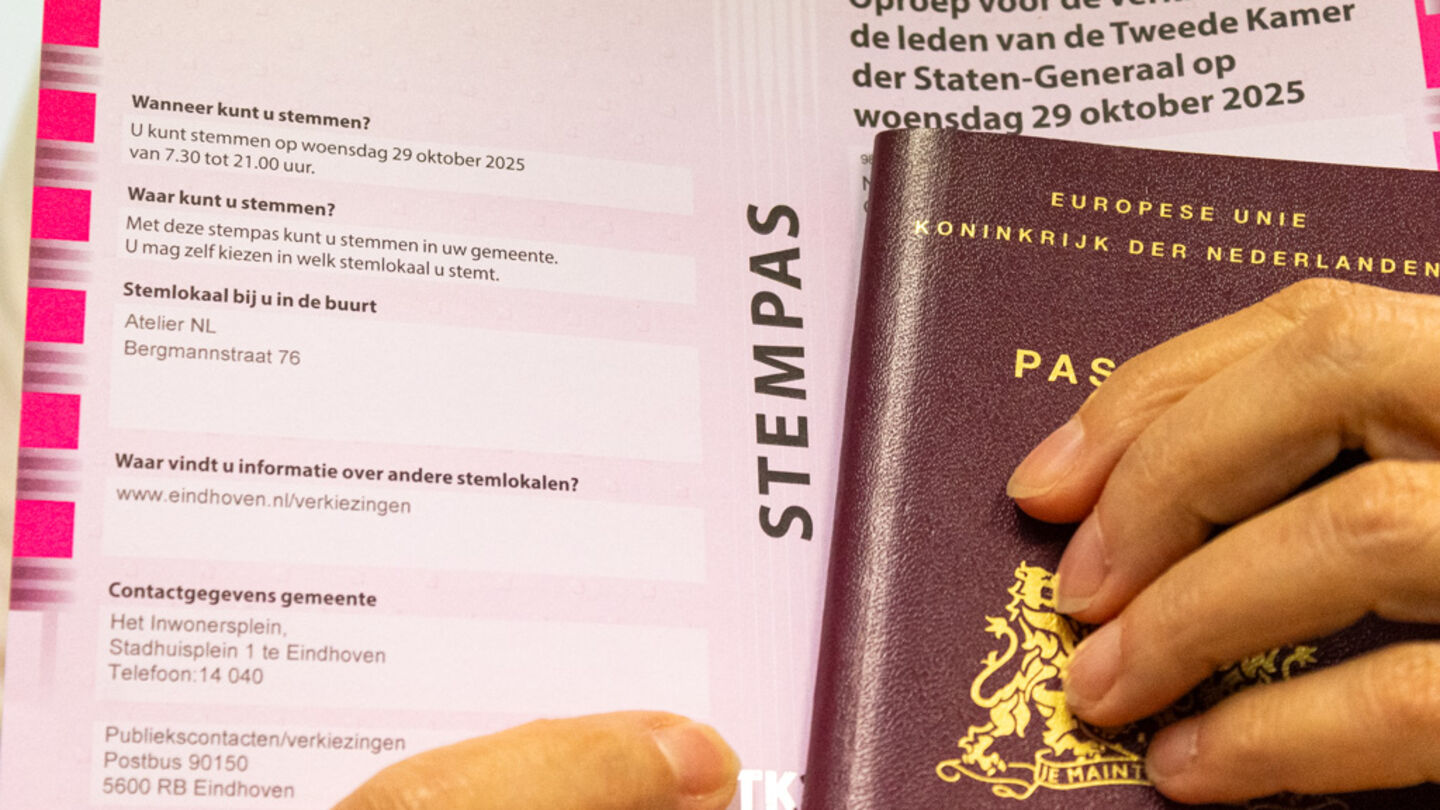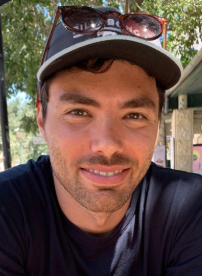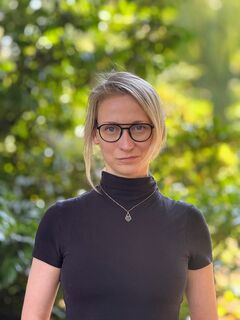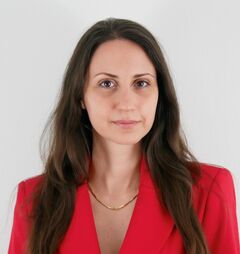
No Dutch passport, no vote
How does it feel for internationals at TU/e to be unable to vote here?
While the Netherlands goes to the polls tomorrow, many internationals at TU/e can only watch. They follow the debates, pay taxes, and feel at home here – but without Dutch citizenship, their voices don’t count in national elections. Cursor asked them how it feels to be on the sidelines while everyone else gets to shape the country’s future.
Officially, the rules are clear: only those with a Dutch passport may cast their vote in the House of Representatives elections, which take place across the country tomorrow. Yet the lived reality of belonging is rarely so simple. Society isn’t neatly divided into Dutch and non-Dutch citizens – many share the same worries, dreams, and hopes for the future, and those things aren’t determined by the passport in their pocket.
Many internationals feel part of Dutch society, which can make election day feel like a reminder of exclusion. For them, the Netherlands is more than a place to live and work – it’s where they’ve built their lives.
A chosen home
Davide Nardi, an Italian data steward who has lived here for nine years, says: “I work here, my children go to a Dutch school, my wife has Dutch citizenship. It feels like home.” Personally, he doesn’t feel deprived about the fact that he has no voting rights in the national elections. “I don’t see it as a right taken away from me. I’m already grateful to the Netherlands for the opportunities I’ve had here.”
He follows the Dutch political scene closely, and if he could, he would vote in national elections – just as he does in municipal elections open to all permanent residents with EU citizenship.
For Andrea Kis, a project lead at HRM from Hungary, the exclusion feels less neutral. “Even if I’ve lived here for seven years, I’m not allowed to vote here, which is weird. I see the Netherlands as my chosen home, at least for now,” she says. “As an academic, I have developed a lot of knowledge. I pay taxes here and I consider my contribution to Dutch society as a positive one. Not having a say about things that will impact me just doesn’t feel fair.”
She adds that internationals are a vulnerable group, easily targeted in public debates, which makes the situation feel even more unfair to her.
Not belonging anywhere – and everywhere
Vlasta Sikimić, an assistant professor of Philosophy of science, comes from Serbia and has worked in the Netherlands for two years. Previously, she worked in Germany for three years and moved across Europe, as is typical for academics. Unlike EU citizens residing in the Netherlands, who can vote in municipal elections, non-EU citizens are only eligible if they have lived continuously in the country for at least five years and are registered in the municipality. Since Serbia is not a member of the EU, Sikimić is currently not allowed to vote in either election.
True to her field, she frames the issue in a philosophical and reflective way. “I consider myself a cosmopolitan,” she says. “Having lived and worked in several countries and traveled extensively, I began to feel that I don’t fully belong anywhere – or perhaps that I belong everywhere.” Being a cosmopolitan is a wonderful experience, she adds, but it comes with a lack of a strong sense of belonging and a complex identity. “You end up asking yourself: where should I actually vote? Beyond legal rights, there’s also a moral question – what is my identity, and do I belong?”
Participation
For Nami Sunami, a Japanese data steward who has lived in the Netherlands for three years, not having a vote in national elections doesn’t feel unfair. Sunami previously lived in the U.S., where he had no voting rights at all, including for local elections. In the Netherlands, however, every resident aged 18 or older can vote in the water board elections, regardless of nationality. “When I got a letter to vote for the Dutch water board elections, it felt great,” he says. “For the first time in ten years, I could vote in a local election. I feel like I belong and my opinions matter.”
Sunami keeps up with Dutch news closely and participates where he can; for example, he is a member of a trade union. He strongly believes it’s important to be involved and hopes more internationals will join and actively participate. “We have a good labor agreement, but it didn’t just fall from the sky – it’s the result of people organizing. If we stop participating, we risk losing what was achieved.”
Where to vote?
When asked where they would choose to vote if they had only one ballot, Nardi takes a pragmatic view. “It would make more sense to choose the Netherlands,” he says. “But that might change if I move back to Italy one day.”
Sikimić also acknowledges that the present situation can influence that decision. “If there’s a very urgent matter, one might feel more obliged to vote in their home country. But if there isn’t, it can feel alienating”, she says. “It feels somewhat hypocritical to vote in a country I haven’t lived in for years, where the outcome affects others more than me.” Like Nardi, she believes that what feels appropriate may change depending on the circumstances.
Kis has voted in Hungary so far, but if she had only one vote and had to choose where to cast it, she would definitely choose the Netherlands. “My work at TU/e focuses on the academic environment, which is deeply embedded in and influenced by the Dutch political system. So it’s not just about my citizenship or personal sense of identity – my professional identity is closely tied to the Dutch system as well.”
The passport dilemma
In some cases, internationals can obtain voting rights by acquiring Dutch citizenship – but that’s easier said than done. For internationals, there are two main legal routes to citizenship. One is “by option,” which comes with stricter conditions – such as being resident in the Netherlands for at least fifteen years and married to a Dutch partner for three years – but the procedure itself is simpler. The other is “by naturalization,” which requires at least five years of residence, among other conditions.
Both routes involve significant time, costs, and paperwork, and oftentimes, the applicant must renounce their original nationality. And even when internationals meet all the requirements, applying for a Dutch passport is not a light decision that is made overnight, because for many of them, citizenship is about more than paperwork – it’s tied to identity and personal history.
The two paths to a Dutch passport
Option procedure
Requirements:
- Must have lived in the Netherlands continuously for at least 15 years with a valid residence permit and
- Must have been married to or a registered partner of a Dutch citizen for at least 3 years
Processing time: approx. 3 months
Cost: €231
Naturalization
Requirements:
- Must have lived in the Netherlands for at least 5 consecutive years
- Integration requirement: passed the civic integration exam at a minimum A2 language level (exceptions may apply)
- Generally, must renounce current nationality unless an exception applies
Processing time: 1–2 years
Cost: €1,091
Nardi meets the criteria for Dutch citizenship but has decided not to apply. “Except for national elections, it doesn’t give me any additional benefits,” he says. As a European citizen, he can work and travel freely, and through his wife, his children have Dutch passports. For him, applying for citizenship would mostly be “unnecessary bureaucratic hassle.” If he were to return to Italy later in life, keeping his Italian passport would seem both logical and practical.
For Sunami, this question doesn’t apply, as he hasn’t lived in the Netherlands long enough to be eligible for Dutch citizenship. He is content with that, however, since he values retaining his Japanese nationality.
For Kis and Sikimić, the choice is more personal and deeply emotional. Both would have to give up their original passports, which they see as a heavy burden. Kis reflects on the emotional side: “Being born Hungarian is a bittersweet experience, but it means something. Letting that go just to vote would be a huge personal cost.”
On top of that, for frequent movers like Sikimić, the five-year residency requirement makes it nearly impossible to meet the conditions. “If you move often, you might never qualify anywhere,” she says, highlighting a structural barrier for highly mobile professionals.
Representation
The interviewees stress the broader consequences of exclusion. “Political parties care about people who have the right to vote,” Sikimić notes. “If certain groups are excluded, their views are less likely to be represented, because there’s simply no incentive.”
It’s strange that we invite internationals in large numbers to come to the Netherlands and then don’t let them participate in democracy
Kis sees this reflected in public discourse. “It’s strange that we invite internationals in large numbers to come to the Netherlands and then don’t let them participate in democracy, which is a basic human right.”
Sikimić emphasizes how important political issues can be for international students in these uncertain times. “When I talk to students from abroad, I notice a lot of anxiety about changes in national policies – changes over which they have no influence. As a community, I think we should show them our support.”
Besides people from the academic community, Kis also mentions a less privileged, more vulnerable group. “There are so many labor migrants invited into this country and then mistreated or even exploited, especially Eastern Europeans. These people can’t enter the political debate and no one is there to represent their rights and protect them,” she says, highlighting a broader, often overlooked consequence of political exclusion.
Rethinking democracy
Sikimić emphasizes that a strong democracy depends on citizens being informed, engaged, and actively participating in society – something that goes beyond simply casting a vote. “But when people feel alienated from the system, they tend to withdraw and think: ‘Why should I speak up if no one listens?’”
While she understands why governments are cautious about granting voting rights, she questions whether these rules still make sense in a modern, cosmopolitan world where people move frequently. “Maybe it’s time to rethink them.”





Discussion